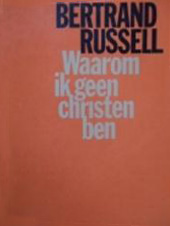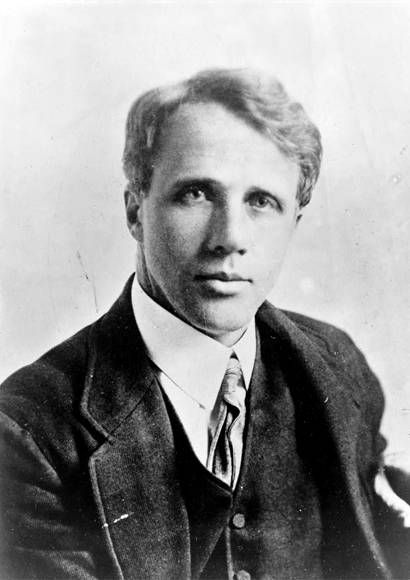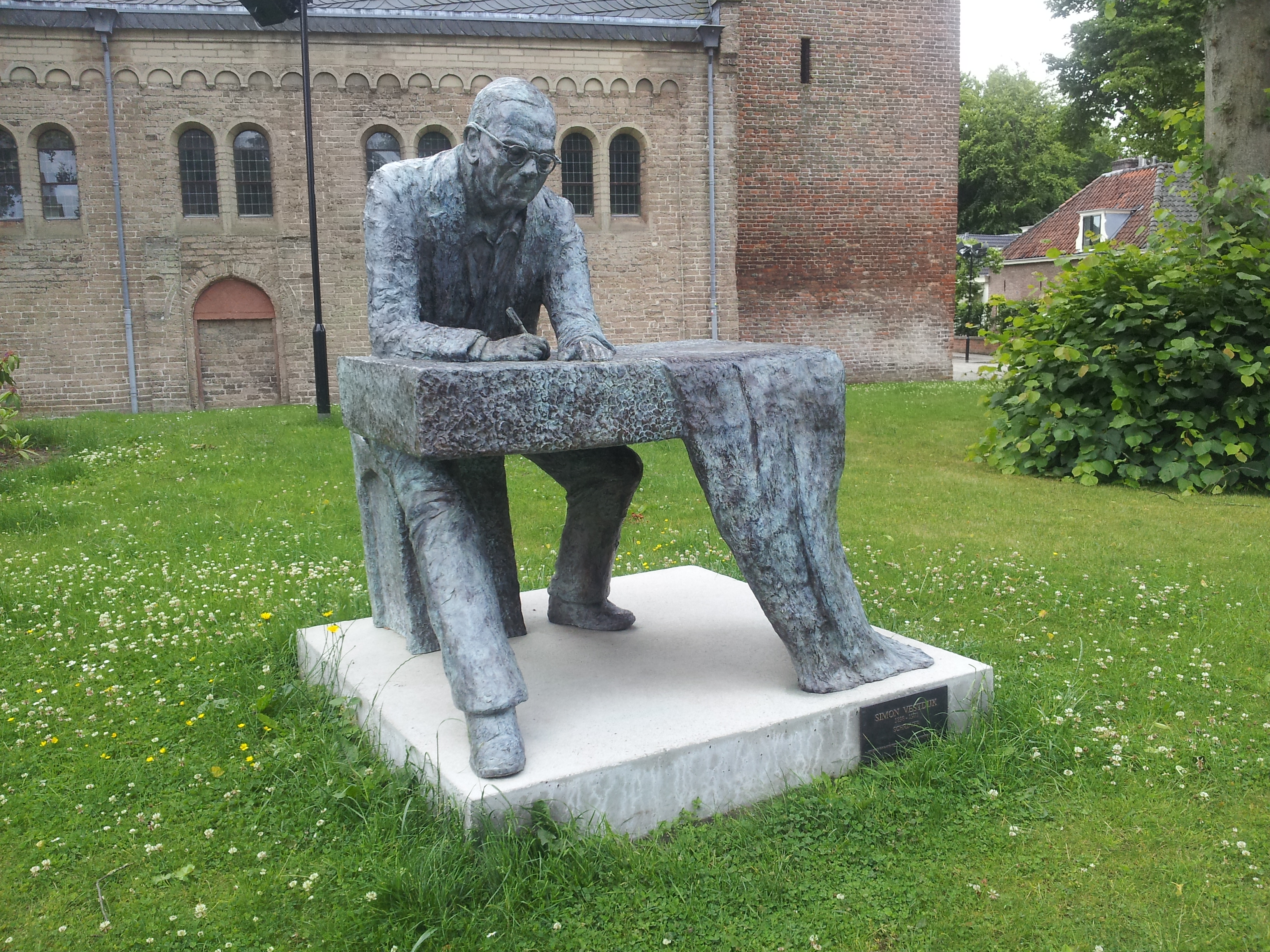|
1950 Nobel Prize In Literature
The 1950 Nobel Prize in Literature was awarded the British philosopher Bertrand Russell (1872–1970) "in recognition of his varied and significant writings in which he champions humanitarian ideals and freedom of thought." He is the fourth philosopher to become a recipient of the prize after the French analytic-continental philosopher Henri Bergson in 1927, and was followed by the French-Algerian existentialist Albert Camus in 1957. He is also the fifth British author to be awarded. Laureate Bertrand Russell made his first pioneering contributions within the branch of philosophy that deals with logic and mathematics. But his influence eventually spread across much more ground. His work is known for its lightheartedness and humor, and it has helped a large audience of readers learn about science and philosophy. His writings cover a variety of subjects, including social and moral challenges, and his opinions were frequently divisive. Russell was a fierce champion of the right to ... [...More Info...] [...Related Items...] OR: [Wikipedia] [Google] [Baidu] |
Nobel Prize Medal
Nobel often refers to: *Nobel Prize, awarded annually since 1901, from the bequest of Swedish inventor Alfred Nobel Nobel may also refer to: Companies *AkzoNobel, the result of the merger between Akzo and Nobel Industries in 1994 * Branobel, or The Petroleum Production Company Nobel Brothers, Limited, an oil industry cofounded by Ludvig and Robert Nobel *Dynamit Nobel, a German chemical and weapons company founded in 1865 by Alfred Nobel *Nobel Biocare, a bio-tech company, formerly a subsidiary of Nobel Industries *Nobel Enterprises, a UK chemicals company founded by Alfred Nobel *NobelTel, a telecommunications company founded in 1998 by Thomas Knobel Geography *Nobel (crater), a crater on the far side of the Moon. *Nobel, Ontario, a village located in Ontario, Canada. * 6032 Nobel, a main-belt asteroid Other uses *The Nobel family, a prominent Swedish and Russian family *Nobel (automobile) a licence-built version of the German Fuldamobil, manufactured in the UK and Chile * '' ... [...More Info...] [...Related Items...] OR: [Wikipedia] [Google] [Baidu] |
Why I Am Not A Christian
''Why I Am Not a Christian'' is an essay by the British philosopher Bertrand Russell. Originally a talk given 6 March 1927 at Battersea Town Hall, under the auspices of the South London Branch of the National Secular Society, it was published that year as a pamphlet and has been republished several times in English and in translation. Contents Russell begins by defining what he means by the term Christian and sets out to explain why he does not "believe in God and in immortality" and why he does not "think that Christ was the best and wisest of men", the two things he identifies as "essential to anybody calling himself a Christian". He considers a number of logical arguments for the existence of God and goes into specifics about Christian theology. He argues against the "argument from design", and favours a naturalistic explanation. Russell also questions the morality of religion, which is, in his view, predominantly based on fear. History The first German edition was ... [...More Info...] [...Related Items...] OR: [Wikipedia] [Google] [Baidu] |
Karl Jaspers
Karl Theodor Jaspers (, ; 23 February 1883 – 26 February 1969) was a German-Swiss psychiatrist and philosopher who had a strong influence on modern theology, psychiatry, and philosophy. After being trained in and practicing psychiatry, Jaspers turned to philosophical inquiry and attempted to discover an innovative philosophical system. He was often viewed as a major exponent of existentialism in Germany, though he did not accept the label. Biography Jaspers was born in Oldenburg in 1883 to a mother from a local farming community, and a jurist father. He showed an early interest in philosophy, but his father's experience with the legal system undoubtedly influenced his decision to study law at the University of Heidelberg. Jaspers first studied law in Heidelberg and later in Munich for three semesters. It soon became clear that Jaspers did not particularly enjoy law, and he switched to studying medicine in 1902 with a thesis about criminology. In 1910 he married Gertrud Maye ... [...More Info...] [...Related Items...] OR: [Wikipedia] [Google] [Baidu] |
Robert Frost
Robert Lee Frost (March26, 1874January29, 1963) was an American poet. His work was initially published in England before it was published in the United States. Known for his realistic depictions of rural life and his command of American colloquial speech, Frost frequently wrote about settings from rural life in New England in the early 20th century, using them to examine complex social and philosophical themes. Frequently honored during his lifetime, Frost is the only poet to receive four Pulitzer Prizes for Poetry. He became one of America's rare "public literary figures, almost an artistic institution".''Contemporary Literary Criticism''. Ed. Jean C. Stine, Bridget Broderick, and Daniel G. Marowski. Vol. 26. Detroit: Gale Research, 1983. p 110. He was awarded the Congressional Gold Medal in 1960 for his poetic works. On July 22, 1961, Frost was named poet laureate of Vermont. Biography Early life Robert Frost was born in San Francisco to journalist William Prescott Frost J ... [...More Info...] [...Related Items...] OR: [Wikipedia] [Google] [Baidu] |
Martin Buber
Martin Buber ( he, מרטין בובר; german: Martin Buber; yi, מארטין בובער; February 8, 1878 – June 13, 1965) was an Austrian Jewish and Israeli philosopher best known for his philosophy of dialogue, a form of existentialism centered on the distinction between the I–Thou relationship and the I–It relationship. Born in Vienna, Buber came from a family of observant Jews, but broke with Jewish custom to pursue secular studies in philosophy. In 1902, he became the editor of the weekly ''Die Welt'', the central organ of the Zionist movement, although he later withdrew from organizational work in Zionism. In 1923, Buber wrote his famous essay on existence, '' Ich und Du'' (later translated into English as ''I and Thou''), and in 1925, he began translating the Hebrew Bible into the German language reflecting the patterns of the Hebrew language. He was nominated for the Nobel Prize in Literature ten times, and Nobel Peace Prize seven times. Biography Martin (He ... [...More Info...] [...Related Items...] OR: [Wikipedia] [Google] [Baidu] |
Mika Waltari
Mika Toimi Waltari (; 19 September 1908 – 26 August 1979) was a Finnish writer, best known for his best-selling novel ''The Egyptian'' ( fi, Sinuhe egyptiläinen). He was extremely productive. Besides his novels he also wrote poetry, short stories, crime novels, plays, essays, travel stories, film scripts, and rhymed texts for comic strips by Asmo Alho. Biography Early life Waltari was born in Helsinki on 19 September 1908. His parents were Toimi Waltari and Olga Johansson; Toimi was a Lutheran pastor once, teaching religion in Porvoo, and Olga one of his pupils. A scandal caused by their relationship had forced them to move to Tampere and the two married on 18 November 1906. At the age of five Mika Waltari suddenly lost his father to illness on 5 July 1914, and the 25-year old Olga Waltari was left, with crucial help from Toimi's brother Toivo, to support her three children: Samuli (7 years), Mika (5 years) and Erkki (6 months). As a boy, Waltari witnessed the Finnish Civil Wa ... [...More Info...] [...Related Items...] OR: [Wikipedia] [Google] [Baidu] |
Graham Greene
Henry Graham Greene (2 October 1904 – 3 April 1991) was an English writer and journalist regarded by many as one of the leading English novelists of the 20th century. Combining literary acclaim with widespread popularity, Greene acquired a reputation early in his lifetime as a major writer, both of serious Catholic novels, and of thrillers (or "entertainments" as he termed them). He was shortlisted for the Nobel Prize in Literature several times. Through 67 years of writing, which included over 25 novels, he explored the conflicting moral and political issues of the modern world. He was awarded the 1968 Shakespeare Prize and the 1981 Jerusalem Prize. He converted to Catholicism in 1926 after meeting his future wife, Vivien Dayrell-Browning. Later in life he took to calling himself a "Catholic agnostic". He died in 1991, at age 86, of leukemia, and was buried in Corseaux cemetery. Early years (1904–1922) Henry Graham Greene was born in 1904 in St John's House, a ... [...More Info...] [...Related Items...] OR: [Wikipedia] [Google] [Baidu] |
Simon Vestdijk
Simon Vestdijk (; 17 October 1898 – 23 March 1971) was a Dutch writer. He was nominated for the Nobel prize in literature fifteen times. Life Born in the small Frisian town of Harlingen, Vestdijk studied medicine in Amsterdam, but turned to literature after a few years as a doctor, including some time on board a ship. From 1932 he lived from literature. He became one of the most important 20th-century writers in the Netherlands. During the German occupation, he and other Dutch intellectuals were held hostage for some time, partly because they did not want to join the Chamber of Culture. After the war, he retired to Doorn (Utrecht province). Vestdijk struggled with severe depressions from his youth, and until the end of his life. His prolificness as a novelist was legendary (poet Adriaan Roland Holst saying of him that "he writes quicker than God can read"), but he was at least as important as an essayist on e.g., literature, religion, art, and music in particular. He als ... [...More Info...] [...Related Items...] OR: [Wikipedia] [Google] [Baidu] |
1953 Nobel Prize In Literature
The 1953 Nobel Prize in Literature was awarded to the Prime Minister of the United Kingdom Sir Winston Churchill (1874–1965) "for his mastery of historical and biographical description as well as for brilliant oratory in defending exalted human values." He is the sixth British writer to receive the prize, coming after the philosopher Bertrand Russell in 1950. Laureate One of the most well-known leaders of the 20th century, Winston Churchill, also left behind a sizable corpus of writing. His writings include a multivolume study about the First and Second World Wars, a thorough history of his ancestor the first Duke of Marlborough, and an autobiography in which he recounts his exciting years as an officer and war journalist. The books' entertaining writing style is combined with their neutrality. Churchill's beautiful and historic speeches delivered during World War II are among his most significant literary compositions. Among his famous non-fiction works include ''Arms and the ... [...More Info...] [...Related Items...] OR: [Wikipedia] [Google] [Baidu] |
Winston Churchill
Sir Winston Leonard Spencer Churchill (30 November 187424 January 1965) was a British statesman, soldier, and writer who served as Prime Minister of the United Kingdom twice, from 1940 to 1945 Winston Churchill in the Second World War, during the Second World War, and again from 1951 to 1955. Apart from two years between 1922 and 1924, he was a Member of Parliament (United Kingdom), Member of Parliament (MP) from 1900 to 1964 and represented a total of five UK Parliament constituency, constituencies. Ideologically an Economic liberalism, economic liberal and British Empire, imperialist, he was for most of his career a member of the Conservative Party (UK), Conservative Party, which he led from 1940 to 1955. He was a member of the Liberal Party (UK), Liberal Party from 1904 to 1924. Of mixed English and American parentage, Churchill was born in Oxfordshire to Spencer family, a wealthy, aristocratic family. He joined the British Army in 1895 and saw action in British Raj, Br ... [...More Info...] [...Related Items...] OR: [Wikipedia] [Google] [Baidu] |
Barabbas (novel)
''Barabbas'' is a 1950 novel by Pär Lagerkvist. It tells a version of the life of Barabbas, the man whom the Bible relates was released instead of Jesus. The novel is built on antithesis: Jesus dies first among the three crucified – Barabbas dies last. Jesus dies among several of his friends – Barabbas dies alone. Jesus talks to God – Barabbas talks to the darkness. The novel starts with Jesus' crucifixion and ends with Barabbas' crucifixion in Rome. Plot Jesus is crucified on Mount Golgotha. To the side of the crowd stands Barabbas. A violent man, a brigand, and a rebel, he cannot muster much respect for the resignation of the Man who died in his place. He is skeptical about the Holiness of Jesus, but he is also fascinated by His sacrifice. He seeks out different followers of Jesus in trying to understand Him, but finds that their exalted views of Jesus do not match his down-to-earth observation of Him. More important, since Barabbas has never been the recipient of love (t ... [...More Info...] [...Related Items...] OR: [Wikipedia] [Google] [Baidu] |
Pär Lagerkvist
Pär Fabian Lagerkvist (23 May 1891 – 11 July 1974) was a Swedish author who received the 1951 Nobel Prize in Literature. Lagerkvist wrote poetry, plays, novels, short stories, and essays of considerable expressive power and influence from his early 20s to his late 70s. One of his central themes was the fundamental question of good and evil, which he examined through such figures as Barabbas, the man who was freed instead of Jesus, and Ahasuerus, the Wandering Jew. As a moralist, he used religious motifs and figures from the Christian tradition without following the doctrines of a church. Biography and works Lagerkvist was born in Växjö ( Småland). He received a traditional religious education – he would later say, with little exaggeration, that he "had had the good fortune to grow up in a home where the only books known were the Bible and the Book of Hymns". In his teens he broke away from Christian beliefs, but, unlike many other writers and thinkers in his generation, ... [...More Info...] [...Related Items...] OR: [Wikipedia] [Google] [Baidu] |





